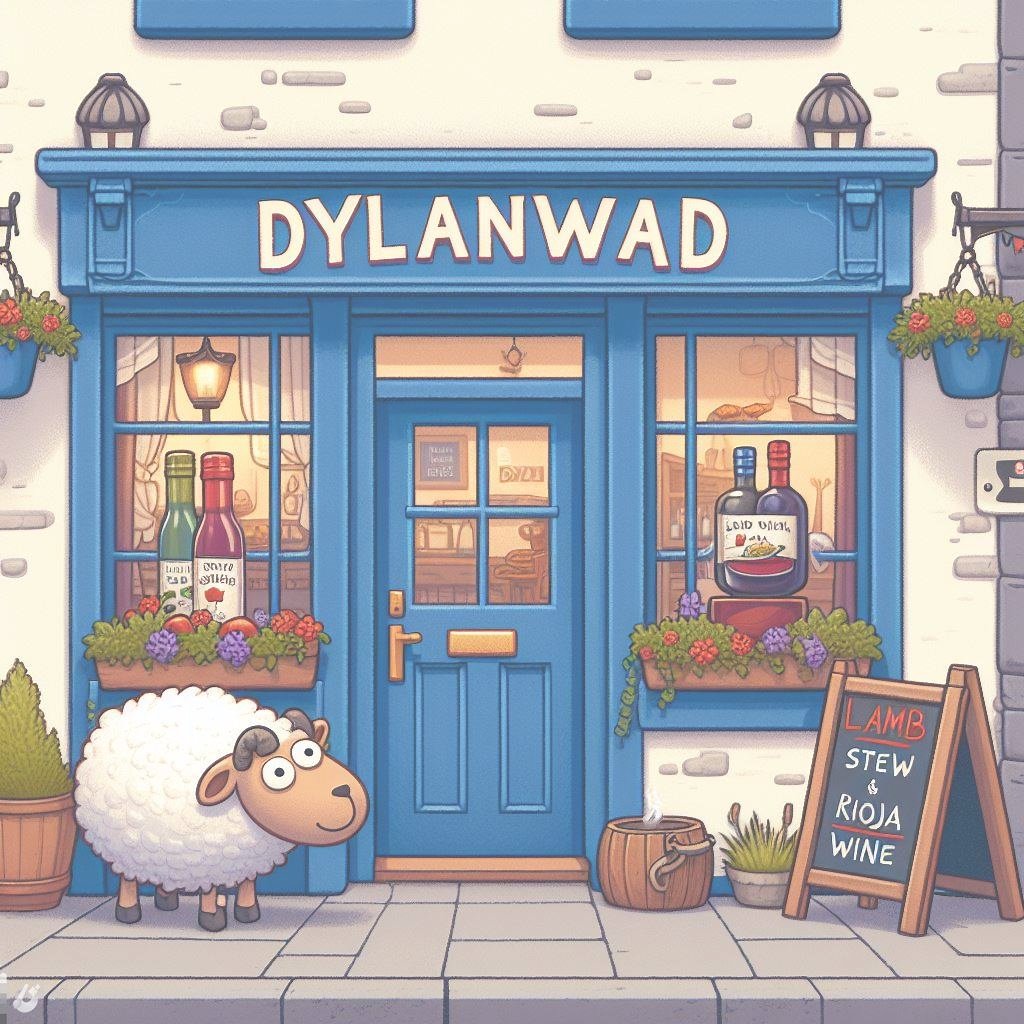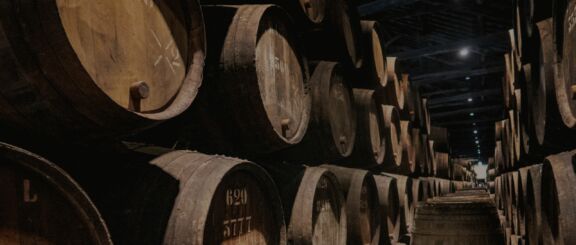SEARCH

Understanding Rioja
Rioja (pronounced “ree” + “OH” + “kuh”) as we know it is a red wine, made using the Tempranillo grape. Graciano, Mazuelo and Maturana Tinto are also grown in small quantities as blending companions.
What will you taste?
You can expect a Rioja red blend to have complex flavours, earth and leather layered with dark fruit, tobacco, and plum.
A white Rioja has flavours of toffee, raisins, dry fruit and good acidity balanced with great freshness.
A White Rioja you ask?
There is also white Rioja, this is usually made from the grape Viura (this too is almost always made using blending companions). The Izadi white that we sell consists of Viura, Garnacha Blanca, Maturana, Tempranillo Blanco and Malvasia y Torrontes.
Where to find Rioja
Rioja gets its name from its location ‘La Rioja’ which is in North Eastern Spain, it also extends to the neighbouring Basque Country, Navarra and Castilla Y Leon.
Rioja stretches for about 100km along the banks of the river Ebro. It is sheltered from the Atlantic by the mountain range Sierra Cantabria and is sheltered from the Mediterranean by the mountain ranges Sierra de la Demanda and de Cameros. This allows the cool Atlantic and/or warm Mediterranean winds to influence the growing conditions.
There are 3 sub regions of Rioja which have an inevitable effect on the wine/Grape. West to East.
| Region | Soil Type | |
| Rioja Alta | Atlantic influence | Clay Limestone Alluvial |
| Rioja Alavesa | Atlantic influence | Clay Limestone |
| Rioja Oriental (recently changed its name from Rioja Baja) | Warmest region Mediterranean influence | Iron rich Clay red soils Cobblestones |

When to drink Rioja, understanding the Classifications
Rioja has a classification board called the Consejo Regulador DOCa Rioja, who inspects the quality of producers to ensure consistency. There are 4 different main styles of Rioja wine.
Generic – No ageing requirements
Crianza – Aged for 2 years. 1+ in barrels.
Reserva – Aged for 3 years (1 year in barrels and 6 months in bottles)
Gran Reserva – Aged for 5 years (2 years in barrels and 2 years in bottles)
Pairing
Rioja traditionally pairs well with ham, fish – tuna/hake, artichokes, asparagus, cheese etc..
So why not join us on the 22nd of March and see how well it pairs with Lamb!!
Ceri 🙂
